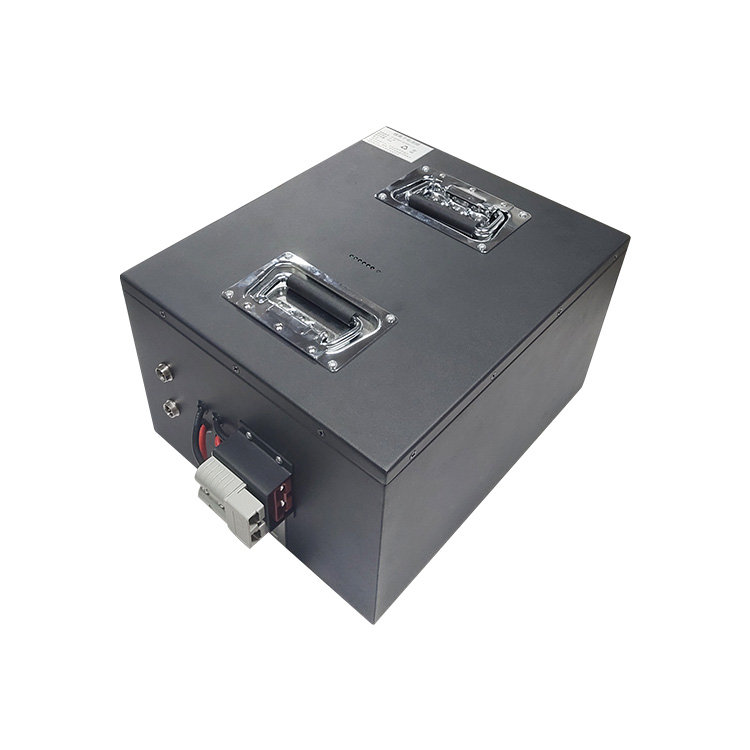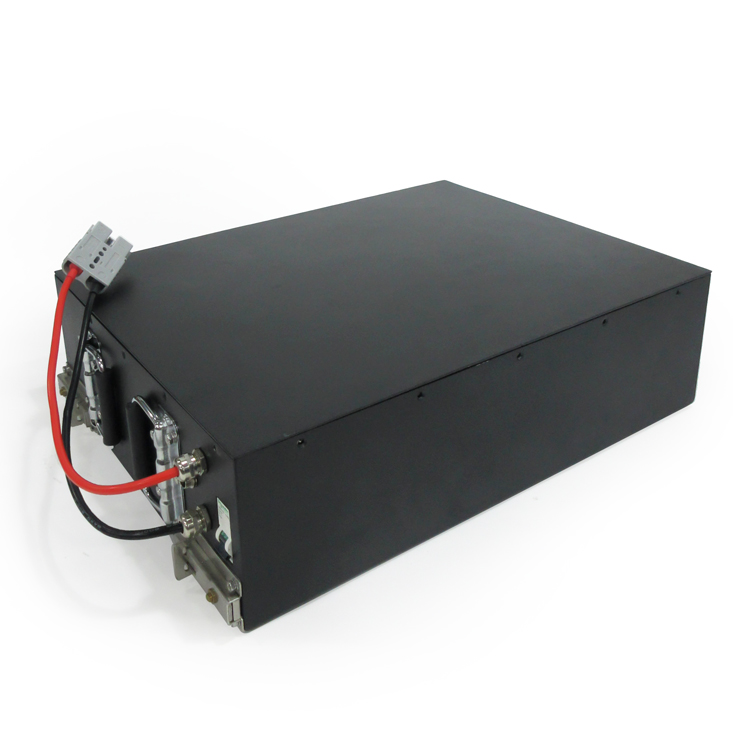Analysis of Advantages and Disadvantages of Energy Storage Battery
Energy storage battery as an important energy storage device, it plays an increasingly important role in power system, transportation, household energy and other fields. However, energy storage batteries also have some advantages and disadvantages. The advantages and disadvantages of energy storage batteries are analyzed below:
advantages:
-
stable output of energy: the energy storage battery can store electric energy and release it when needed, and can output electric energy smoothly, which is helpful to balance the load of the power system and improve the stability of the power system.
-
Increase the utilization rate of renewable energy: renewable energy sources such as wind energy and solar energy are intermittent and uncertain. Energy storage batteries can store the remaining electric energy of these energy sources and release them when needed, so as to improve the utilization rate of renewable energy.
-
Peak Shaving: energy storage battery can store electric energy during peak load hours of power system, release electric energy during low load hours, play the role of peak shaving and reduce the dependence on traditional power generation equipment.
-
Improve the reliability of power supply: the energy storage battery can provide emergency standby power supply in case of sudden failure or power failure of the power system, improve the reliability of power supply and reduce the loss of power failure.
-
Reducing carbon emissions: energy storage batteries can assist renewable energy to generate electricity, reduce dependence on traditional fossil energy, and help reduce carbon emissions and protect the environment.
Disadvantages:
-
high cost: the manufacturing cost of energy storage batteries is high, especially for large energy storage systems, the cost will be more expensive, which makes the investment return period of energy storage batteries in commercial applications longer.
-
Low energy density: Compared with traditional fuels, the energy density of energy storage batteries is relatively low, resulting in larger volume and weight of stored energy, which limits the application of mobile devices and other fields.
-
Cycle Life is limited: the cycle life of the energy storage battery is limited by the number of charge and discharge times and depth. With the increase of cycle times, the performance of the battery will gradually decrease, and new batteries need to be replaced, which increases the maintenance cost.
-
Safety risk: the energy storage battery may have safety problems such as overheating and short circuit during charging and discharging. Once an accident occurs, it may cause serious consequences such as fire and explosion, therefore, security risk is an important challenge for energy storage batteries.
-
Scarce resources: some raw materials needed by energy storage batteries, such as lithium and cobalt, are scarce resources. Their exploitation and production processes may have certain impacts on the environment, and there is also a risk of insufficient supply of resources.
Energy storage batteries have many advantages in energy storage and application, but there are also some challenges and limitations. With the progress of technology and the reduction of cost, I believe that energy storage batteries will gradually overcome these problems in the future development and become an important driving force in the field of clean energy.
 Dongguan Juneng New Energy Technology Co., Ltd.
Dongguan Juneng New Energy Technology Co., Ltd.
 137 5142 6524(Miss Gao)
137 5142 6524(Miss Gao)
 susiegao@power-ing.com
susiegao@power-ing.com
 Xinghuiyuan High tech Industrial Park, Dalang Town, Dongguan City, Guangdong Province
Xinghuiyuan High tech Industrial Park, Dalang Town, Dongguan City, Guangdong Province













 Yue Gong Wang An Bei No. 4419002007491
Yue Gong Wang An Bei No. 4419002007491